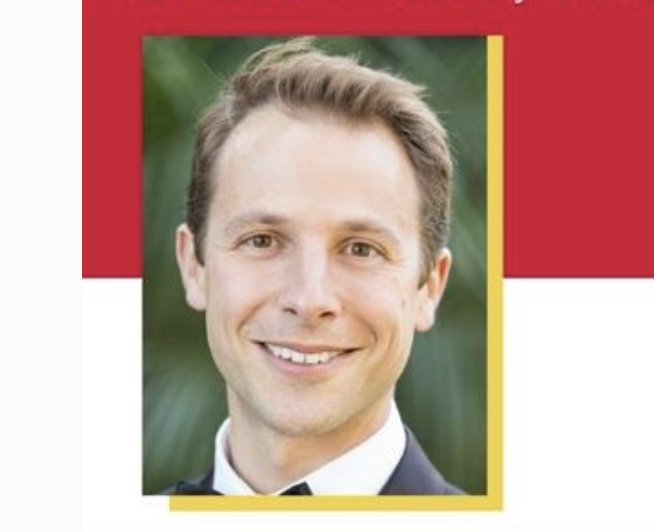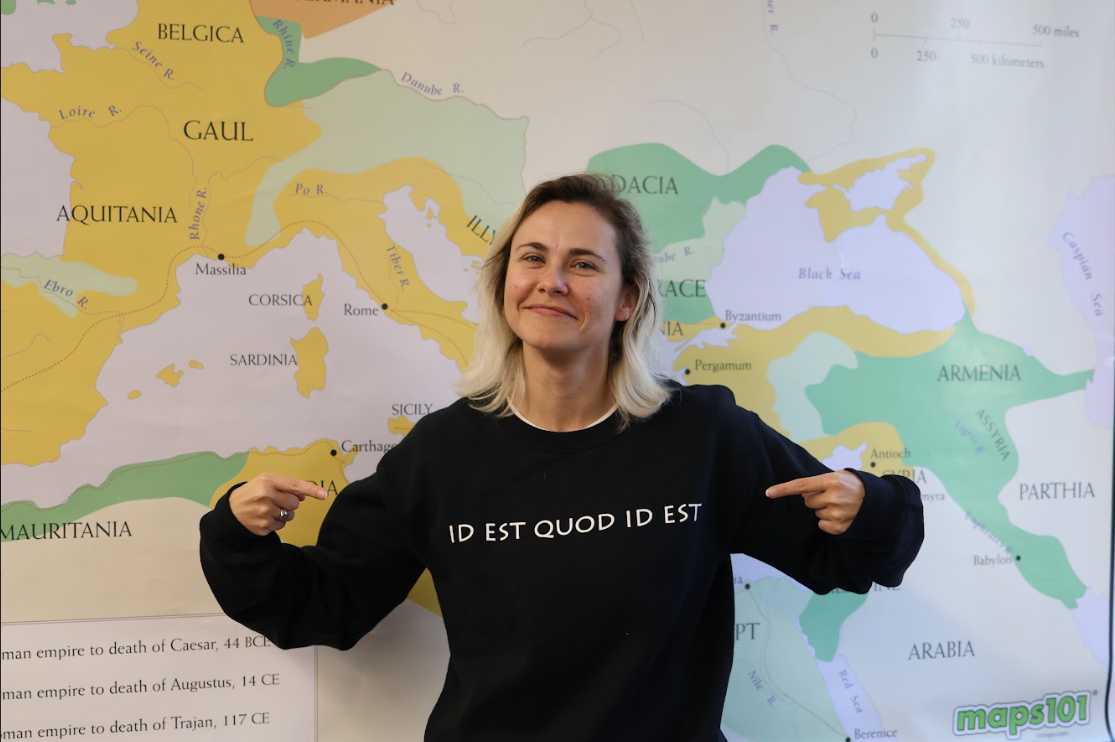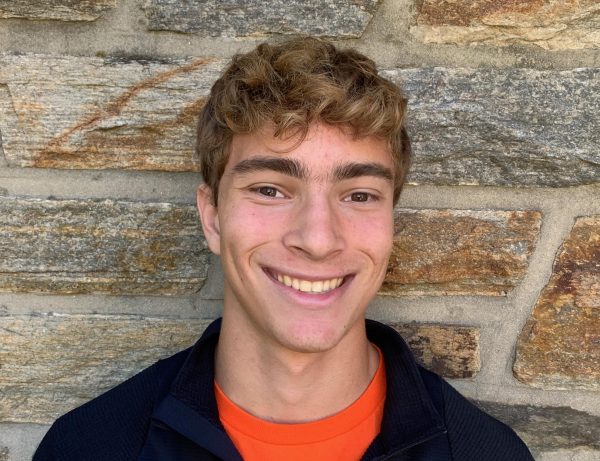Last week, I met with Dr. Jared Horvath, who came to Friends School to talk with students, teachers, and parents about the science of learning.
Horvath is an award-winning cognitive neuroscientist and lecturer at Harvard. He’s a former professor and founder of the company LME Global: Learning Made Easy. Our eye-opening discussion included: the failures of science, his academic passions, and what makes for true genius.
First, Horvath opened up about the failures of math and science. I had never heard anyone talk about this before, even though I have family, friends, and parents who are doctors, and my brother is on a pre-med track. Still, I had never seriously considered the limits of science before.
I had heard from my mom that the Malaria vaccine her lab was developing wasn’t working. But in our discussions, I never got from her the sense that that might be because science had reached its limit, and no vaccine could be produced. She describes it as a human error, not a scientific error.
Horvath gave a different perspective. He contended that scientists and researchers know the limits of science and math – they just would never tell anybody outside their field. He said the reasons for this are simple: identity and tribalism.
If you’re a scientist, science is your identity and your tribe. You probably have many friends who are scientists, and a scientist employs you. So if you go around talking about how science sucks, you could lose your friends and your job.
In our conversation, Horvath seemed very sure of himself. He said he wants to publish a controversial book about the flaws he sees in scientific research. Describing it, he seemed unfazed by the fact that it could end his career as a researcher.
“My career is going to go like this” he said, pointing upward, “and then like this” pointing sharply down.
Since his research is on the brain, and specifically focused on how people perceive stuff, we talked about seeing both sides of an argument or a story. He said that, doing that well is one of the things that makes a genius a genius: they already know what their critics are going to say.
Horvath contended that a genius must do two things. First, they must become an expert in the status quo. If you’re trying to make advancements in physics, you need to know everything about the status quo of physics. You need to learn the lay of the land so that you can change it.
Horvath said a common mistake change-makers make is that they don’t learn the lay of the land first – they just try to make change. But then they don’t know what to do, or what makes their option better than the status quo.
Second, he said a genius must be outstanding at recognizing their own weaknesses.
“I always know what people are going to say about my paper. I know when to say it’s a valid criticism, and when I can simply dismiss it,” he said.
Finally, we talked about high school life, and some of the dos and don’ts. While in high school, he said, a teenager’s brain is changing and developing so much that by the time they graduate, they will become a completely different person.
I asked, does that mean it’s better not to put all of your eggs in one basket in high school, despite the fact that having a centralized focus gives you an advantage in the college process?
“It’s complicated,” he said.
He agreed that getting into college now often feels like it’s about selling your brand – and if you have no brand, you may suffer in the process. But in the long run, he said, it’s a bad idea to lock yourself into one idea or identity. Being able to try out a lot of different things and not focus on one is better for your brain and your development, because you learn so much more.
So what to take away from this conversation? First, be yourself. I know it’s cliche and our senate co-presidents already said it, but the science backs it up. Second, it’s important to be able to take criticism of your own work, and to face your flaws. Lastly, our school is full of potential change makers – but in order to make change, we should first master the status quo.
Thanks again to Dr. Horvath for an insightful conversation that made me think!



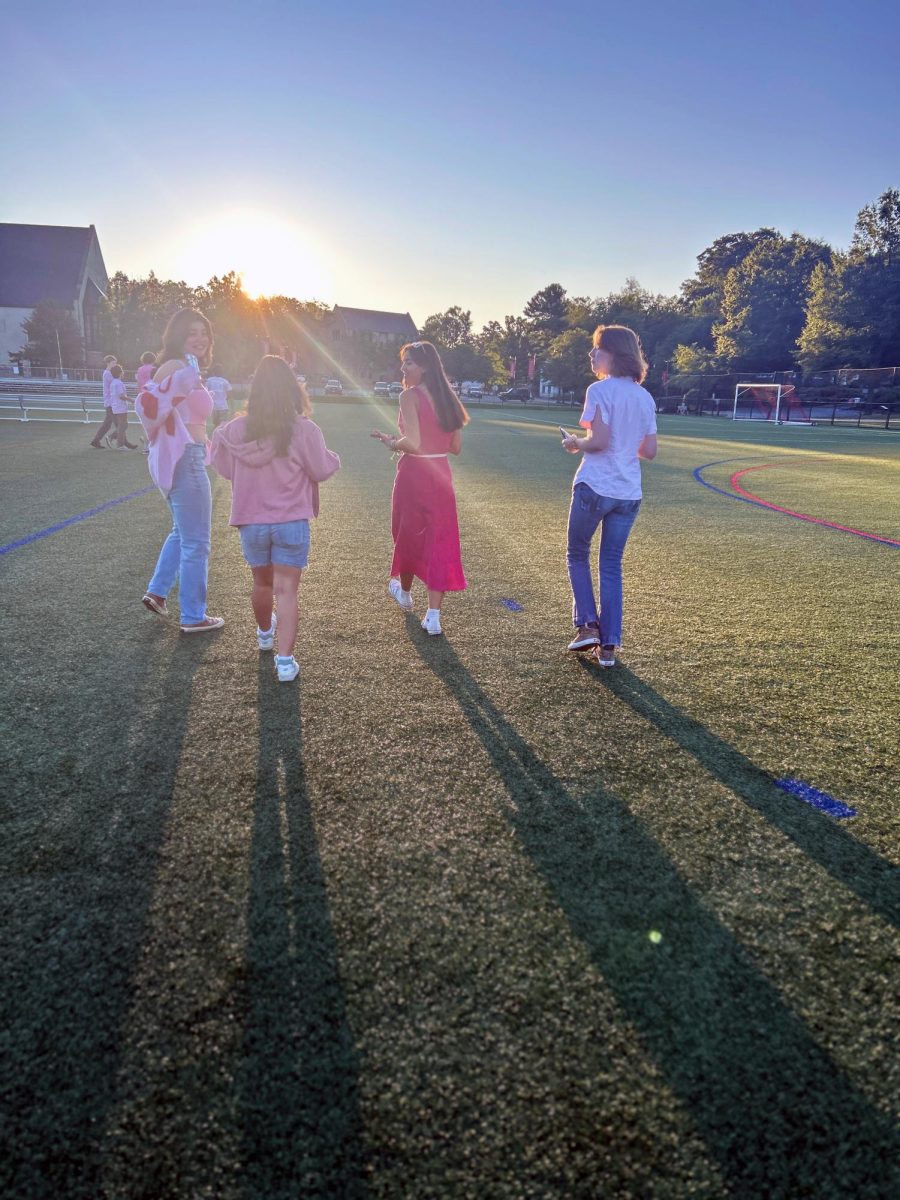
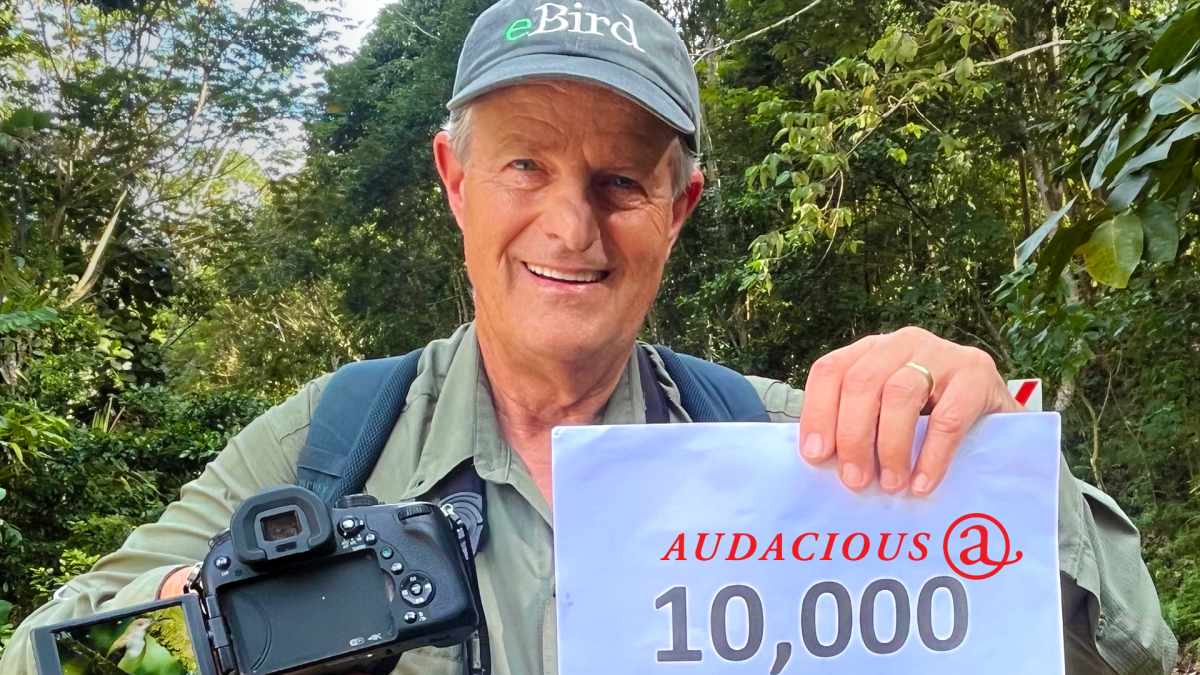


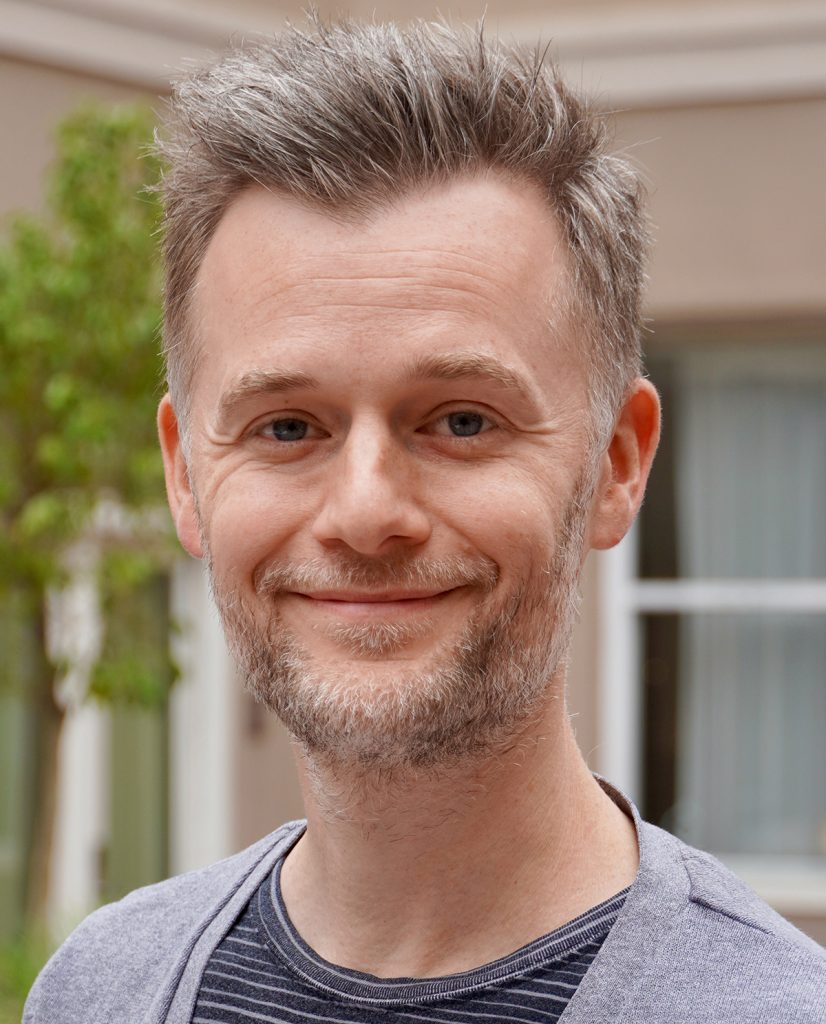

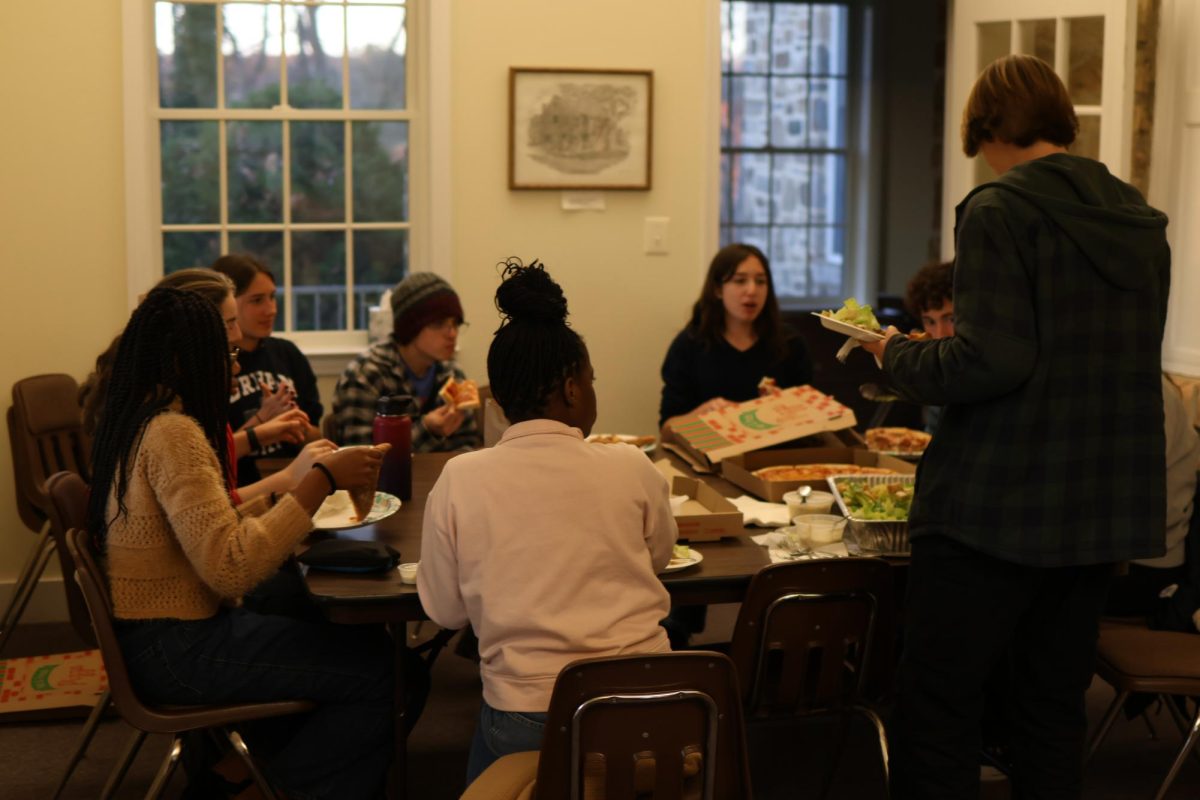

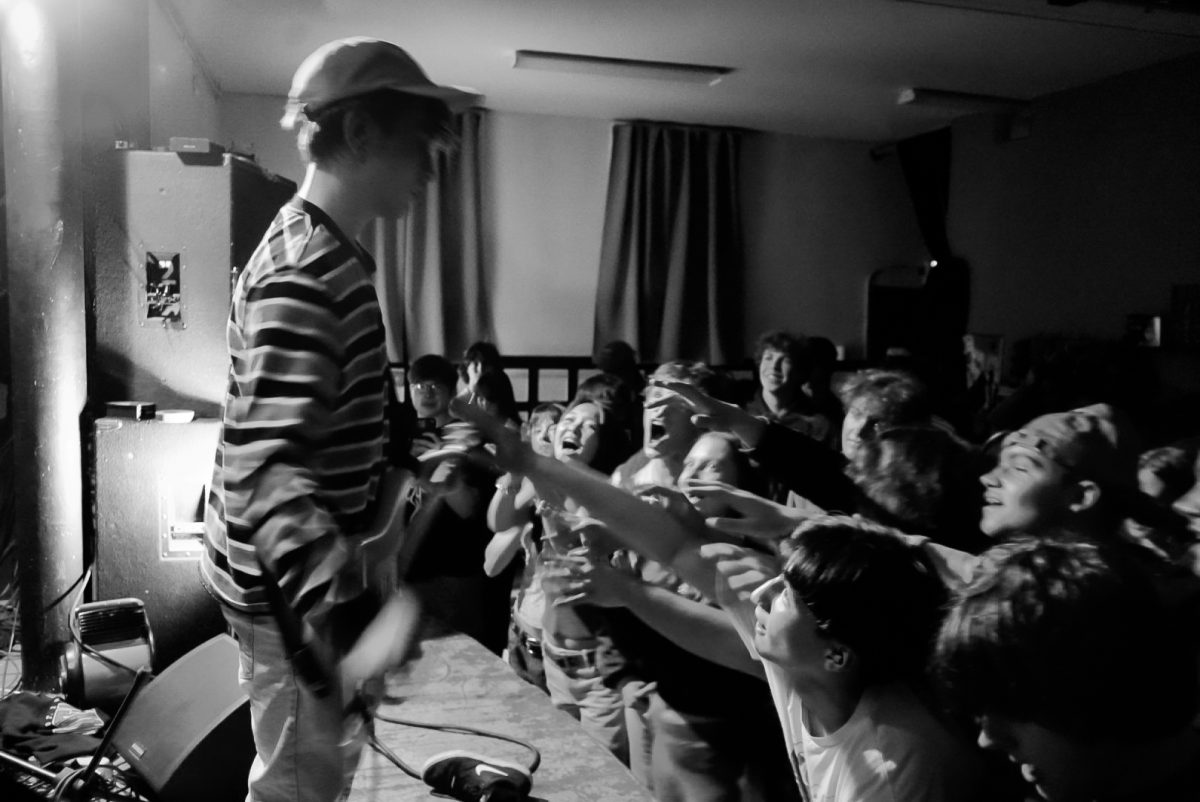

![How Freestyle Club Began [Podcast]](https://thequakerquill.org/wp-content/uploads/2025/05/charly-alvarez-Jv9untmB7G4-unsplash-1200x800.jpg)

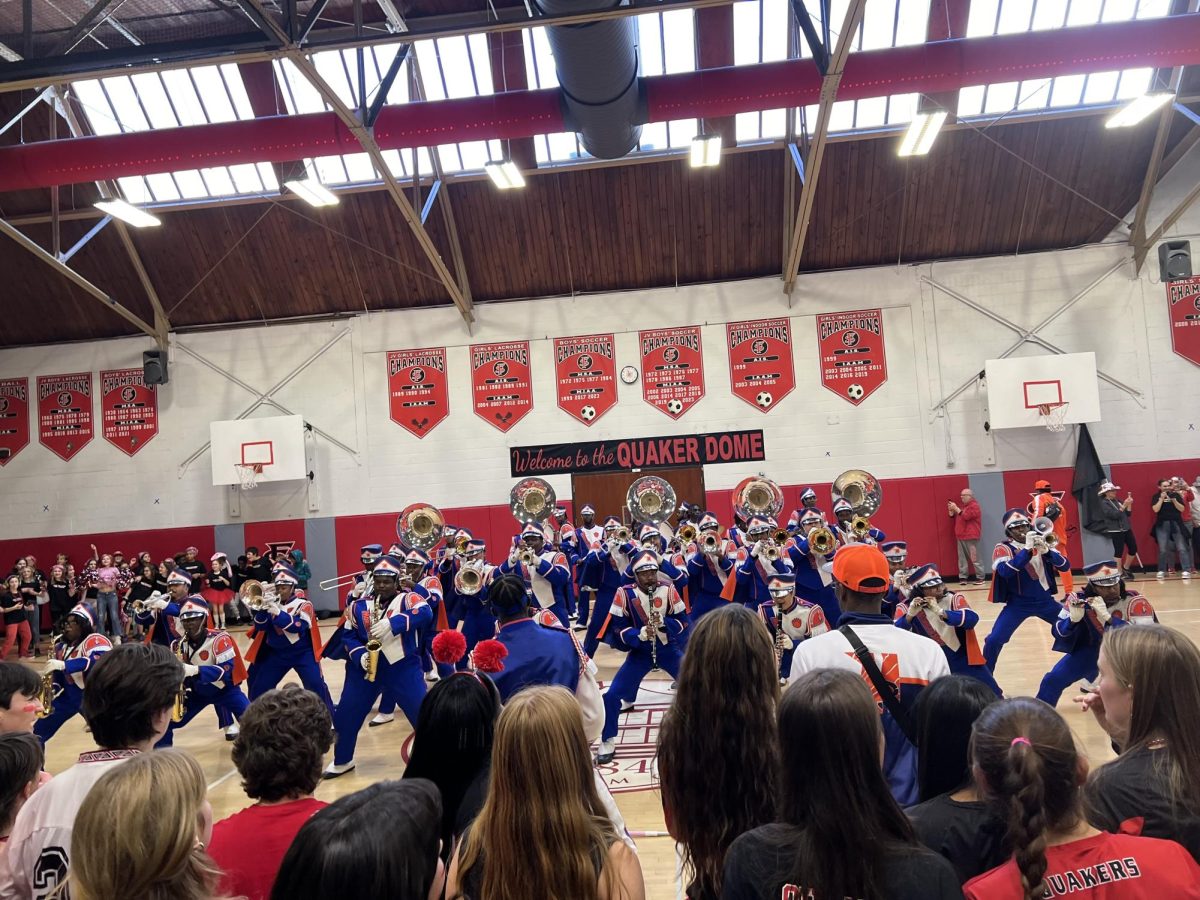
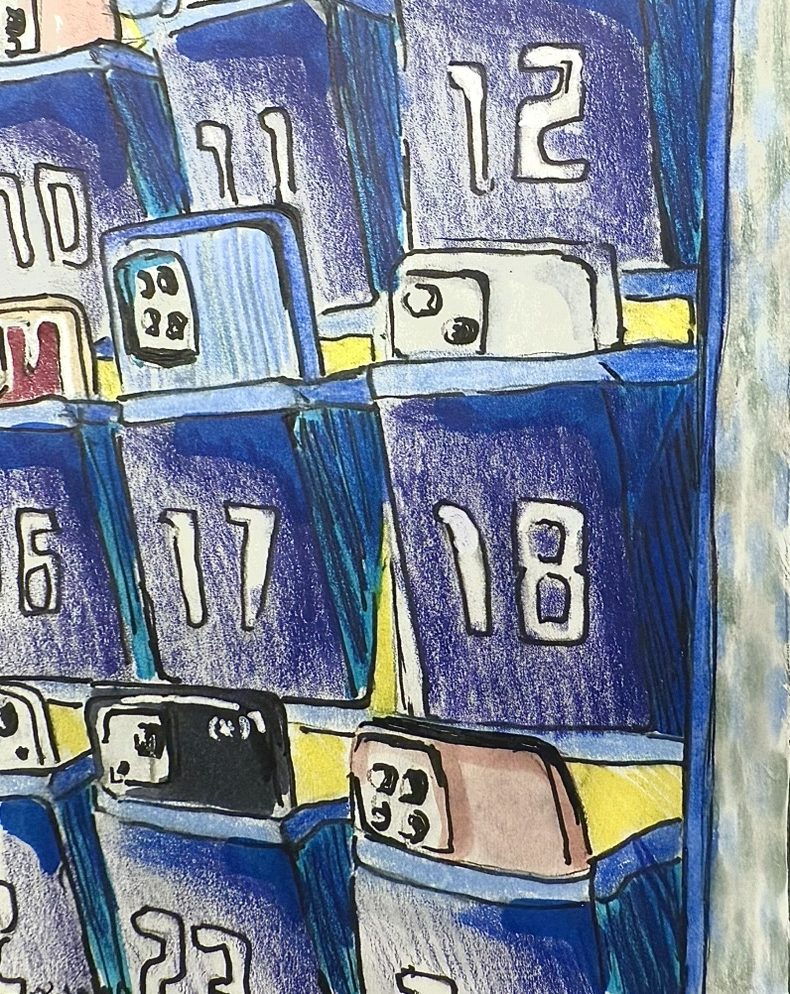
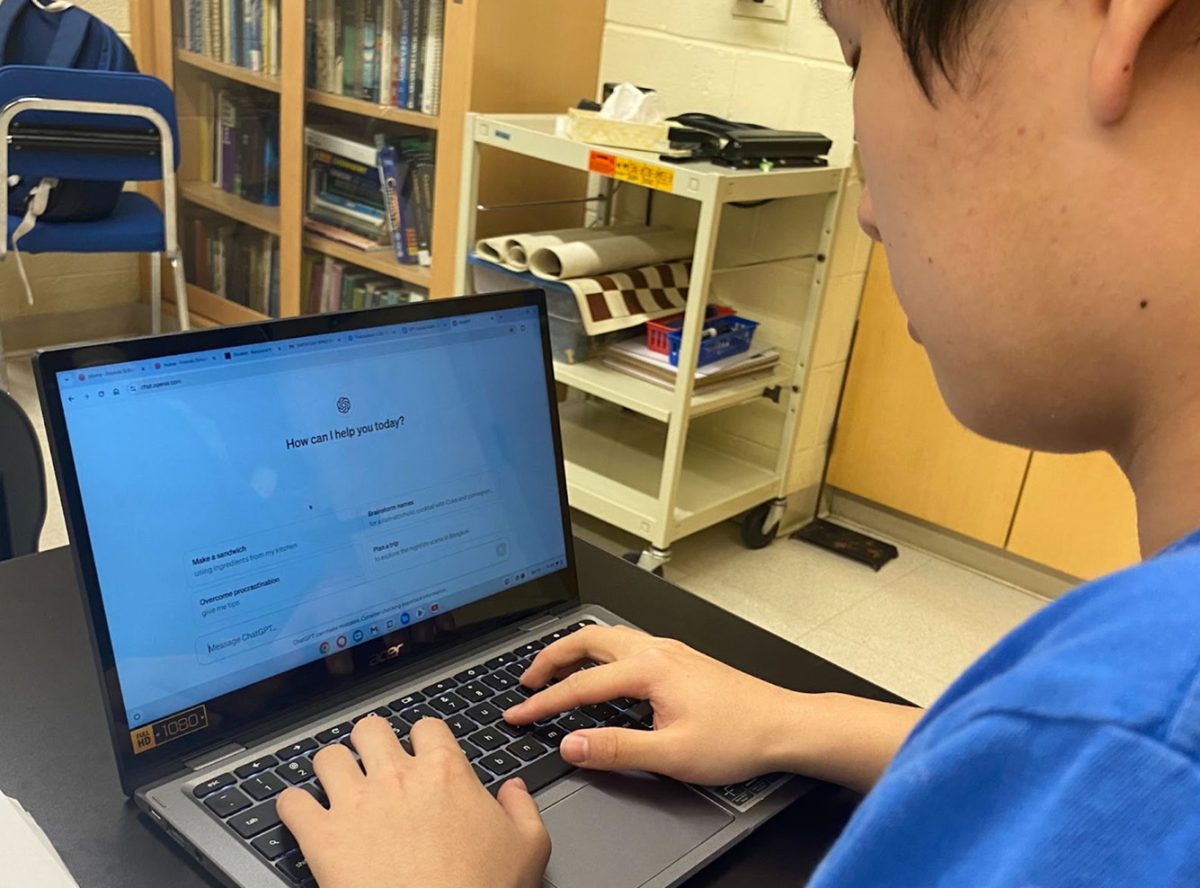
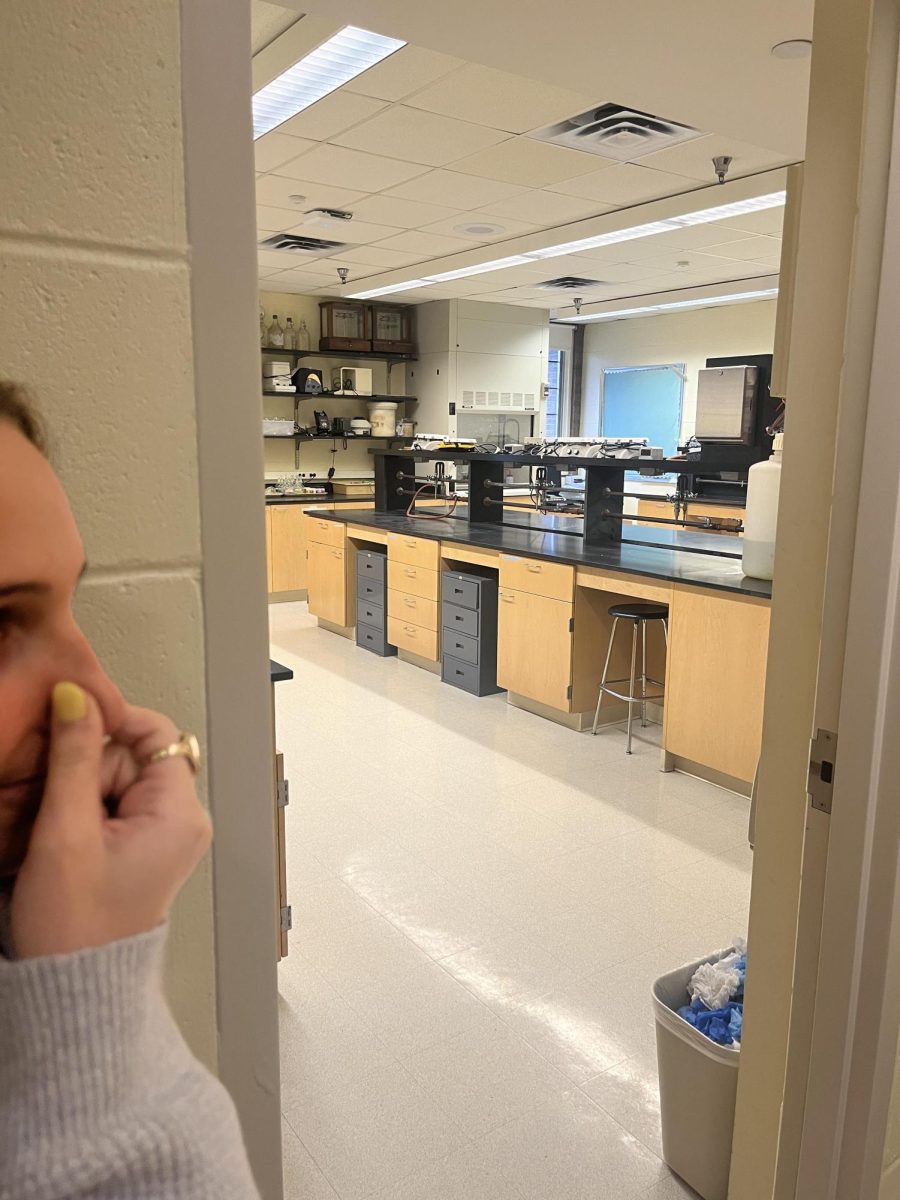
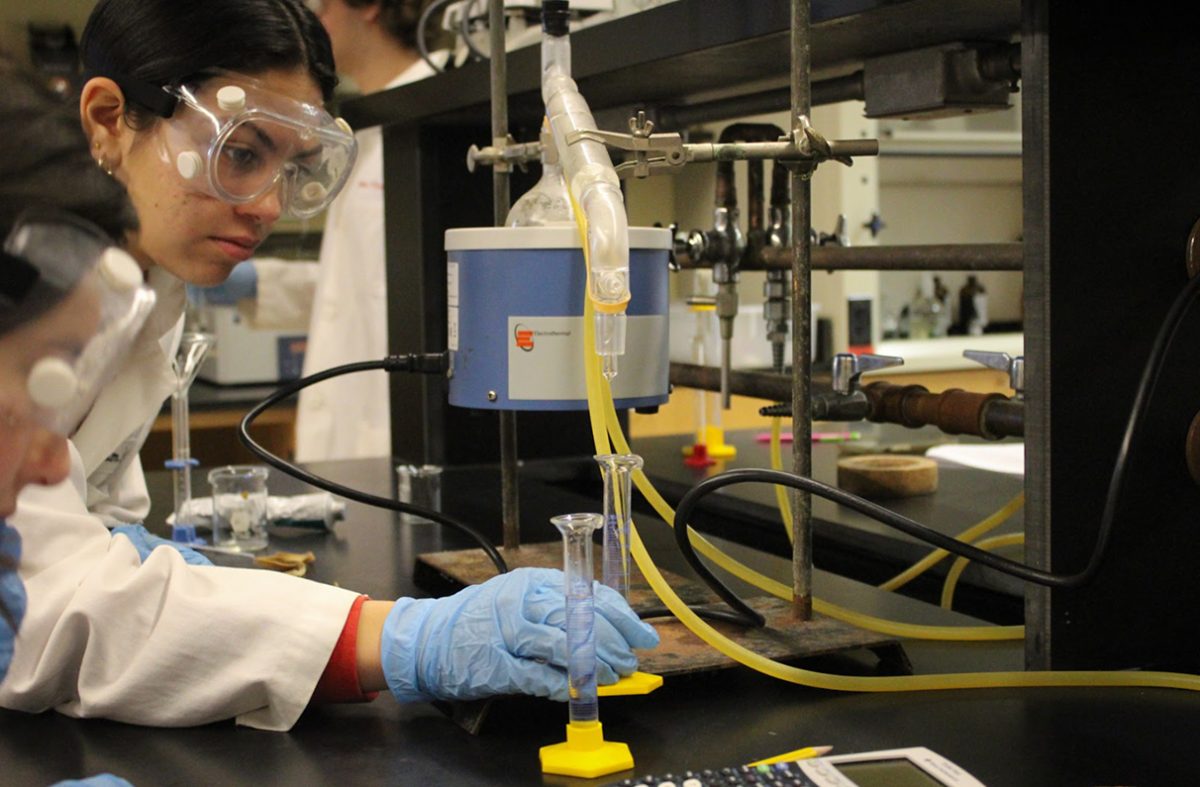


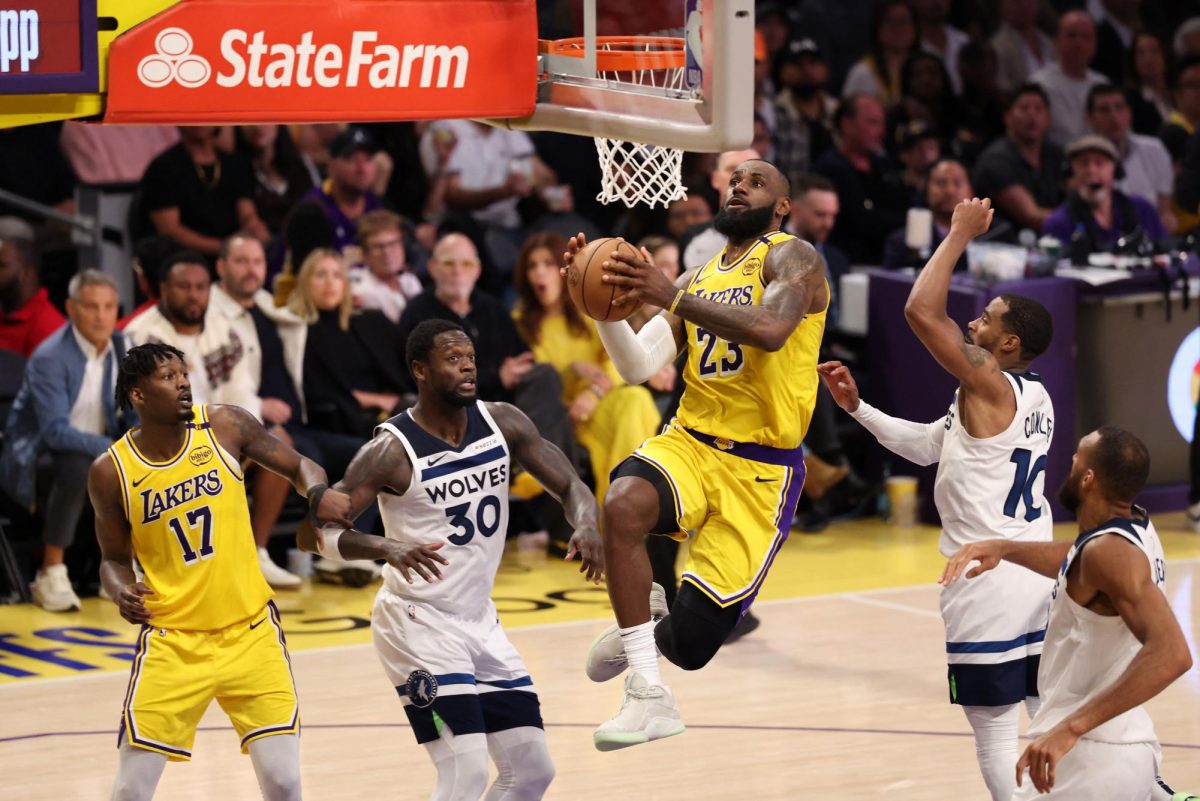
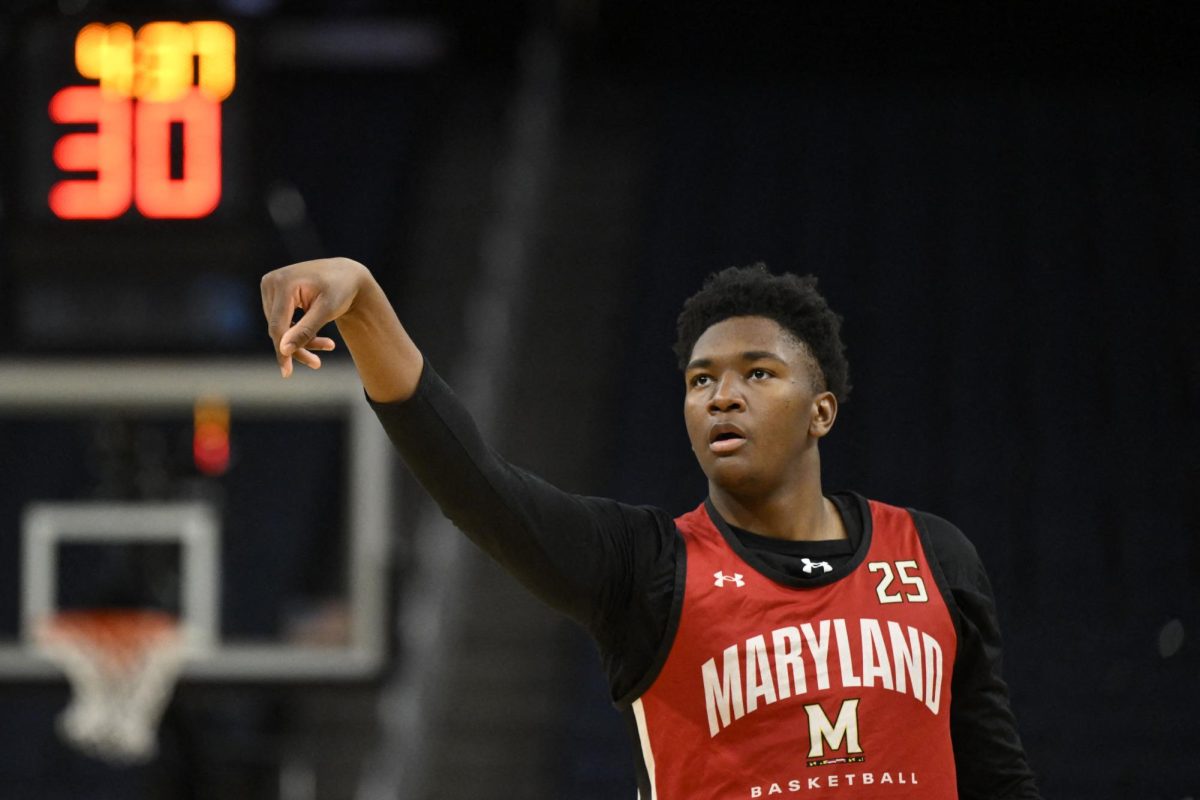
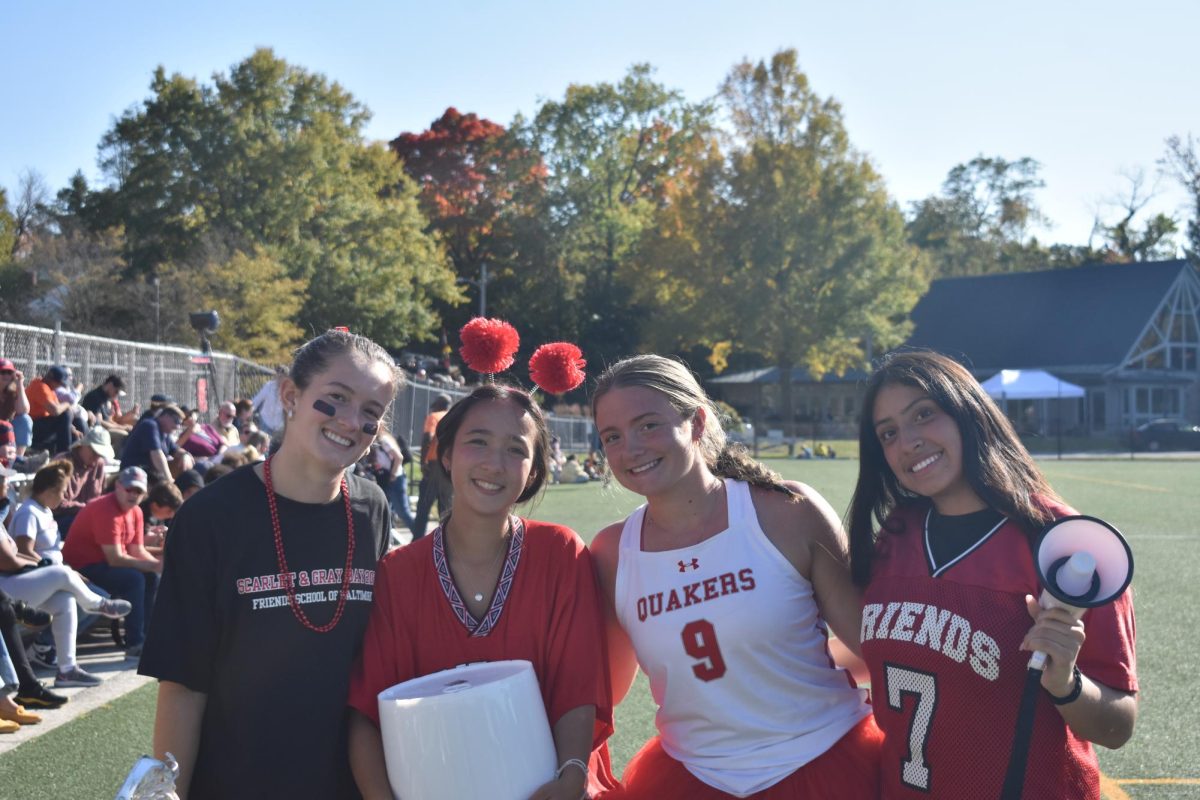






![A Phone Ban at Friends? [Podcast]](https://thequakerquill.org/wp-content/uploads/2025/05/magenta-VrRT19_ZjUY-unsplash-1200x900.jpg)
